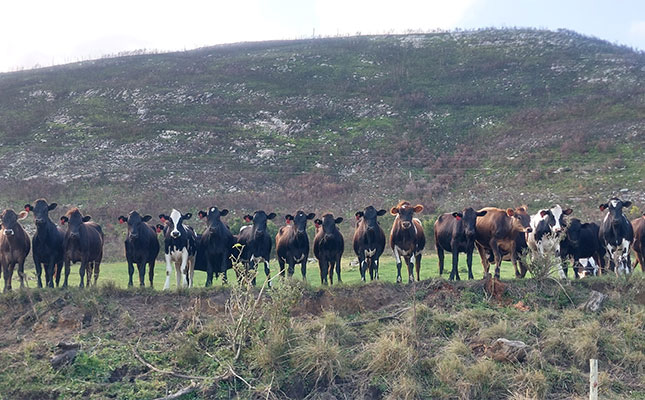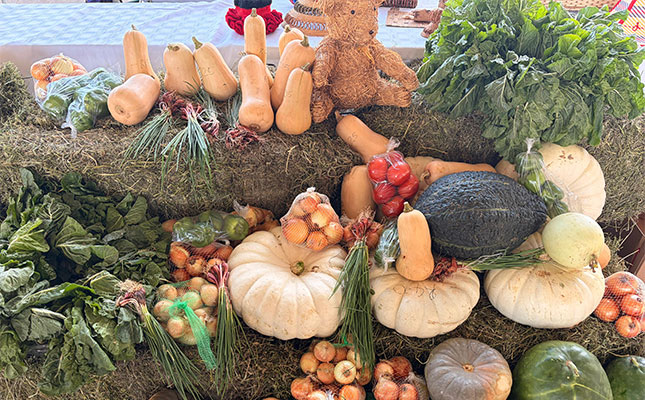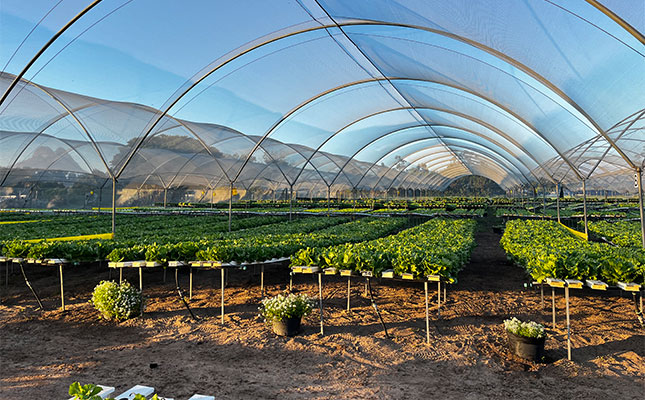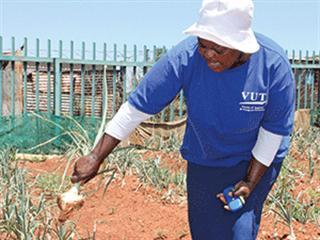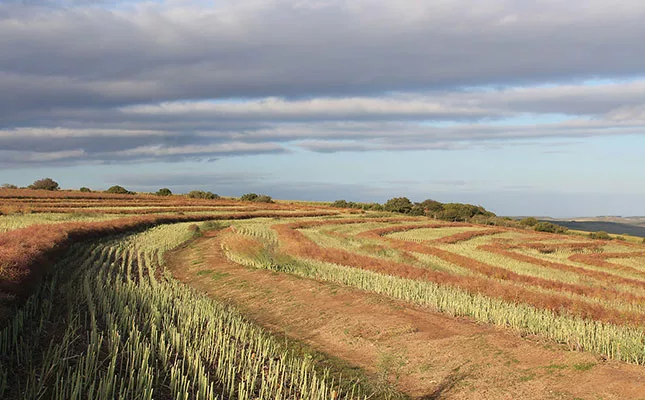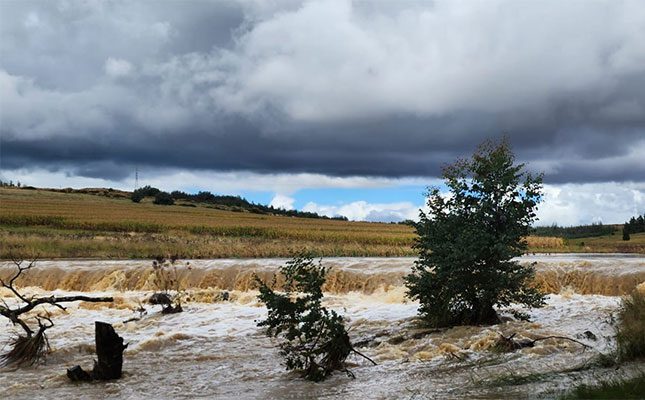
In a statement, the SAWS said a cut-off low (COL) system was expected to make landfall on 23 April, bringing with it heavy rain and cold conditions for much of the country this week.
The system was expected to move slowly eastwards and exit the country by Saturday.
“Scattered to widespread showers and thundershowers are expected over the central and eastern parts of the country, with rainfall accumulations exceeding 50mm in the eastern regions on Wednesday and Thursday,” SAWS said.
The SAWS warned of severe thunderstorms that could lead to flooding and potential loss or damage to “infrastructure, property, vehicles, livelihoods, and livestock”. This warning applied particularly to the Free State and North West.
“There is also a distinct possibility of damaging hail occurring in association with the thunderstorms.”
Snowfall was also likely over the Drakensberg in Lesotho, KwaZulu-Natal and the Eastern Cape during this period, the SAWS said.
Daytime temperatures were expected to “drop significantly” from Wednesday onwards across the country, recovering from Friday.
Cause for concern
The timing of the rainfall was a cause for concern for certain crop-producing regions, Wandile Sihlobo, chief economist at Agbiz, said in his weekly market commentary report. According to Sihlobo, continuous rain could compromise grain and oilseed crop quality in areas where crops were planted early and had already matured.
This particularly pertained to sunflower and soya bean, Sihlobo said, which had been planted early.
Hendrik Knobel, Free State Agriculture’s regional representative for the Bethlehem area, told Farmer’s Weekly that there were producers in the area whom were in the process of harvesting soya bean and could be negatively impacted by further heavy rain.
Some farmers were harvesting earlier than usual as the soya beans had started germinating due to the warm, wet conditions in the area. Similar reports had been received from sunflower farmers.
While colder weather was expected to aid these farmers, many fields were too waterlogged for harvesters to operate. Knobel said farmers in the eastern Free State and Mpumulanga had thus been investing in track systems to enable harvesting in wet conditions.
“Sales agents have told me they can’t keep up with demand,” he said, adding that although this was an expensive intervention, at around R2 million for a set, it had become necessary on the back of consecutive wet years.
He added that sugar bean farmers in the region were also at risk as the wet conditions affected quality, while many potato farmers in the region were also struggling with the wet conditions.
Moreover, cold, wet and windy weather similarly posed a risk to sheep farmers whose ewes had recently lambed down. Farmers who ran their sheep extensively were urged to take precautions where possible.
Get trusted farming news from Farmers Weekly in Google Top Stories.
➕ Add Farmers Weekly to Google ✔ Takes 10 seconds · ✔ Remove anytime


